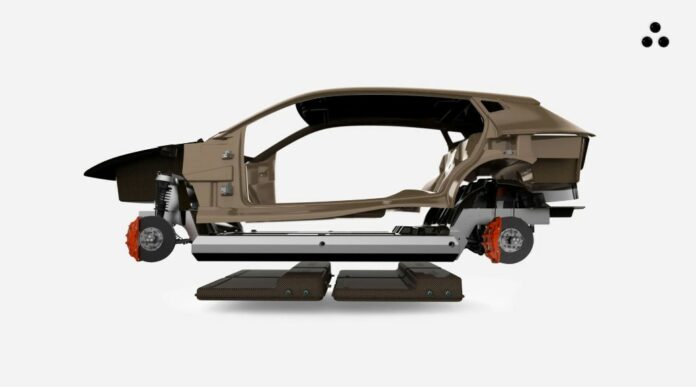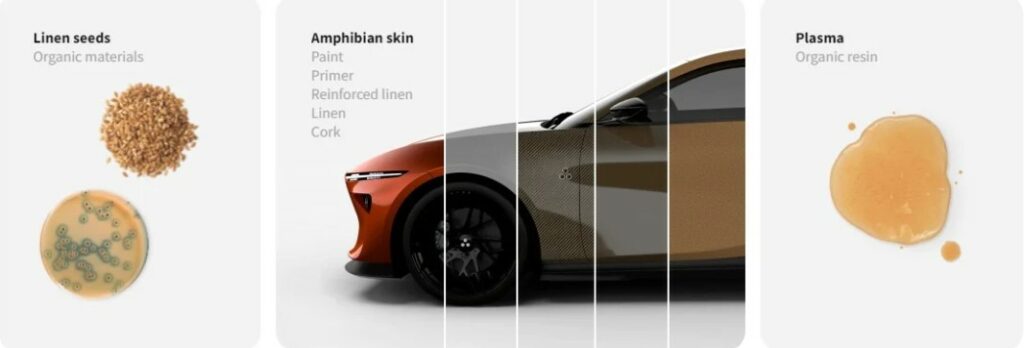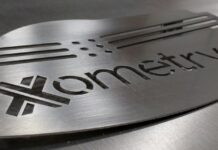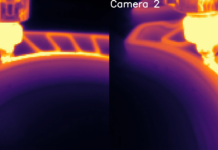
A car made up of plants and 3D printing, intriguing right? Spain-based car manufacturer LIUX, founded in 2021, is trying to reinvent the wheel with a new concept of electric vehicle.
Called the Animal – a name that sounds fierce for a car that seeks simplicity in the design and manufacturing; the car would be “made with extremely simple components that are easy to assemble, disassemble, repair and recycle, reducing pieces and materials by 25%.”
In a Europe that aims to accelerate its move towards a greener, more digital and resilient economic model, LIUX wants to play its part in this change at the mobility level as this field is looking to streamline the use of resources and improve the way we move.
In this vein, the car manufacturer has imagined a manufacturing concept based on plants. The manufacture of the bodywork, the interior and part of the chassis are fabricated using biopolymers and biocomposites based on natural fibers and resins.

The team manufactures the molds of the bodywork and chassis directly in 3D printing, thereby creating a more sustainable and flexible process, cutting manufacturing times and reducing energy and CO2 emissions of this process by 70%.
“This allows us to reduce parts and materials by 25 percent compared to a traditional car,” explains David Sancho Domingo – one of the company’s founders-, “We are looking for simplicity, we want to focus on value and eliminate all superfluous elements.”
The Animal is available in two variants: the Habitat and the Wild versions – . The Habitat can drive until 190 hp and hitting 180 km/h, and the Wild pushes 240 hp and can hit a top speed of 200km/h.
“The battery packs are self-contained and removable, can be used and inherited in different LIUX cars and segments or used for self-consumption. You can buy your car with 2 battery packs and later install two more to double your range, or if you buy another LIUX, you inherit your batteries and save them,” says Antonio Espinosa de los Monteros – another cofounder.
The Animal comes in two different models known as the Habitat model and the Wild model.
The Habitat is capable of outputting 190 hp and hitting 180 km/h, and the Wild pushes 240 hp and can hit a top speed of 200km/h. Both are capable of 300 km range with the standard battery pack, and can be upgraded to a 600km battery pack (92 kWh) with an additional cost (€9,000).
The Liux Animal Habitat model costs €39,000 for the 300 km ranged version, and the Animal Wild is said to start at €45,000 for the 300 km variant. You can pre-order a Liux Animal now for a deposit of €200. Deliveries are expected to start in 2024.
Remember, you can post job opportunities in the AM Industry on 3D ADEPT Media free of charge or look for a job via our job board. Make sure to follow us on our social networks and subscribe to our weekly newsletter : Facebook, Twitter, LinkedIn & Instagram ! If you want to be featured in the next issue of our digital magazine or if you hear a story that needs to be heard, make sure you send it to contact@3dadept.com





